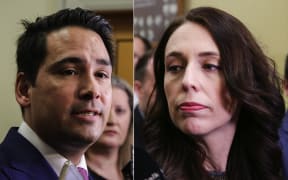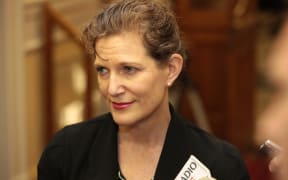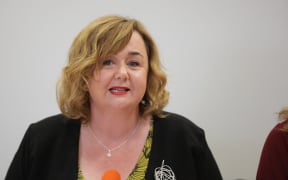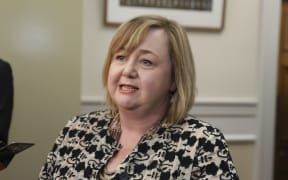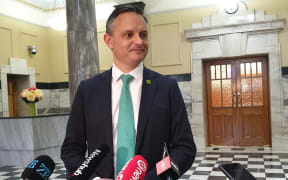Power Play - New Zealand has had its fair share of tragedy for a small country plonked at the bottom of the ocean.
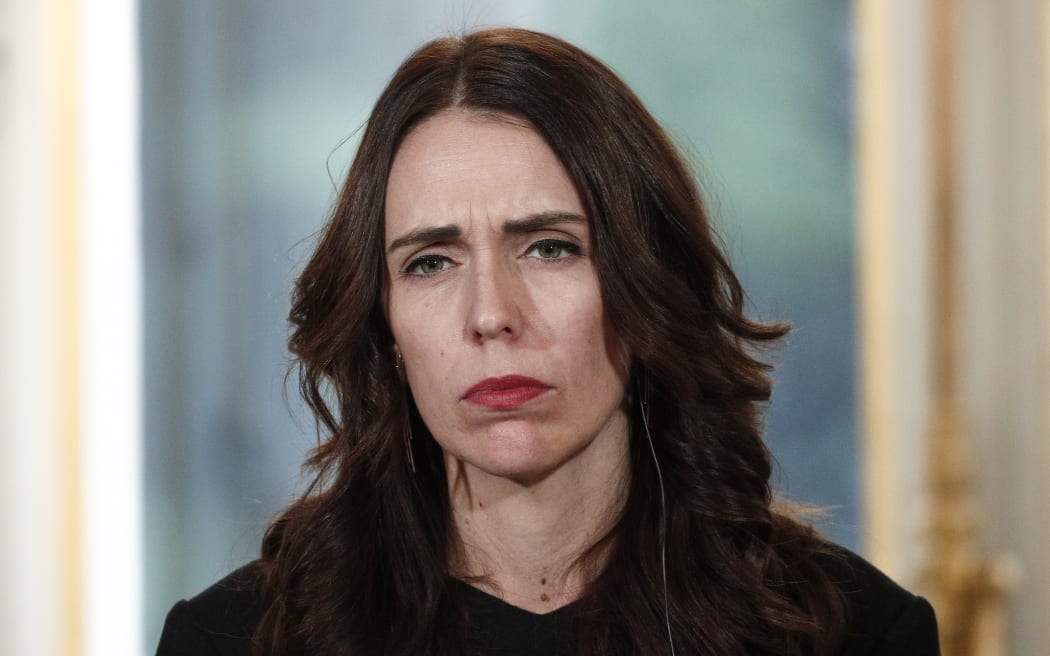
Prime Minister Jacinda Ardern became the face of some of the country's darkest moments. Photo: AFP
Those tragedies put us on the world map for all the wrong reasons, but sometimes for the right ones too.
Sometimes they lead to progressive, if not controversial, law changes.
In the aftermath of the 15 March terror attacks the country pulled together like never before.
Everyone has their own story to tell about that day.
"Where were you the moment you found out Princess Diana had died?" has been superseded by "where were you when you found out about the Christchurch mosque attacks?"
And if that wasn't enough for a nation just shy of five million to deal with, the year closes with the tragedy of Whakaari / White Island.
In the same way 15 March prompted gun law reform there is no doubt the volcanic eruption will lead to significant regulatory reform.
It's too early to know whether the door has been shut forever on volcanic tourism, as the focus remains rightly on the emergency response.
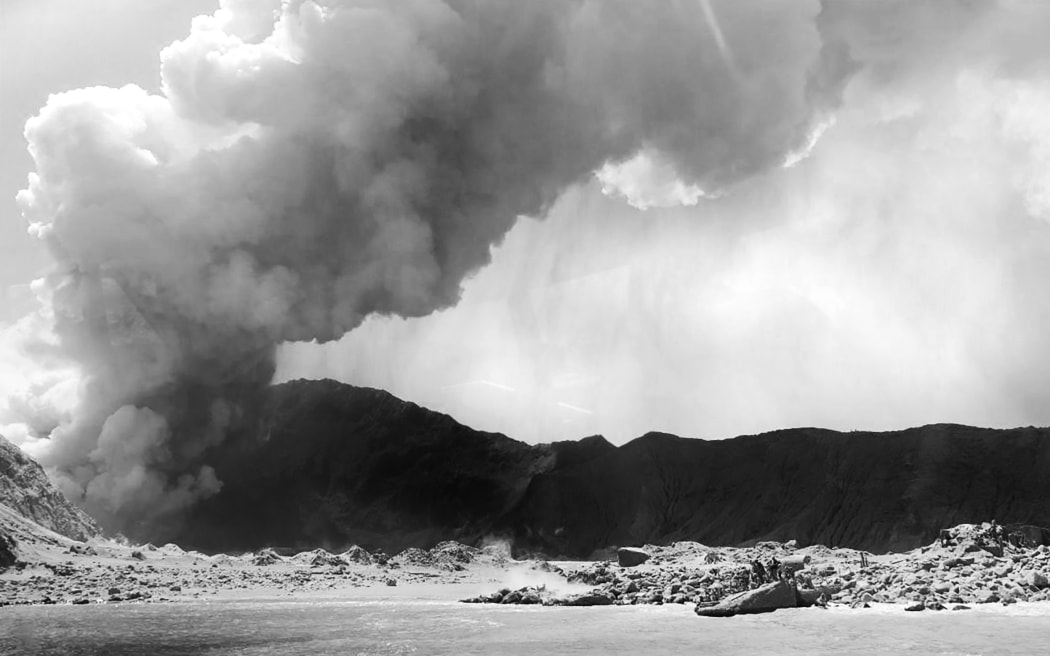
Whakaari / White Island immediately after the eruption. Photo: Michael Schade
But questions are already being asked, and in the same way the gun lobby and some politicians found holes in the legislative changes following the mosque attacks, there will be those who don't agree with the inevitable consequences for the country's adventure tourism laws.
But not all change is born out of tragedy and some tragedy continues with no change whatsoever.
Making a real difference to the number of children living in poverty was a flagship policy for Labour heading into the 2017 election.
And while the country's slow wheels of bureaucracy means two years later there's still no data showing what impact this government's policies have truly had, the numbers continue to grow regardless.
Kiwibuild became Kiwi-flop this year and then the long-promised capital gains tax got the chop.
Progress was made on mental health and both education and health have had some much-needed investment.
Climate change strikes and protests were heard loud and clear - Parliament got some world-first legislation across the line with the Zero Carbon Bill and immigration policy went through the ringer.
It was also a big year for politicians casting their own conscience votes with the End of Life Choice bill working its way through to the third and final reading and passing with a bigger majority than anticipated.
Abortion reform was also on the agenda for the first time in decades and voters will have to turn their attentions to referendums for cannabis and euthanasia at the polling booth next year.
Amongst all this the sizeable and hungry opposition pushed back, compromised, and collaborated in Parliament.
National Party leader Simon Bridges fought for his caucus approval and finished the year firmly at the helm, where it's a safe bet he will still be come the election.
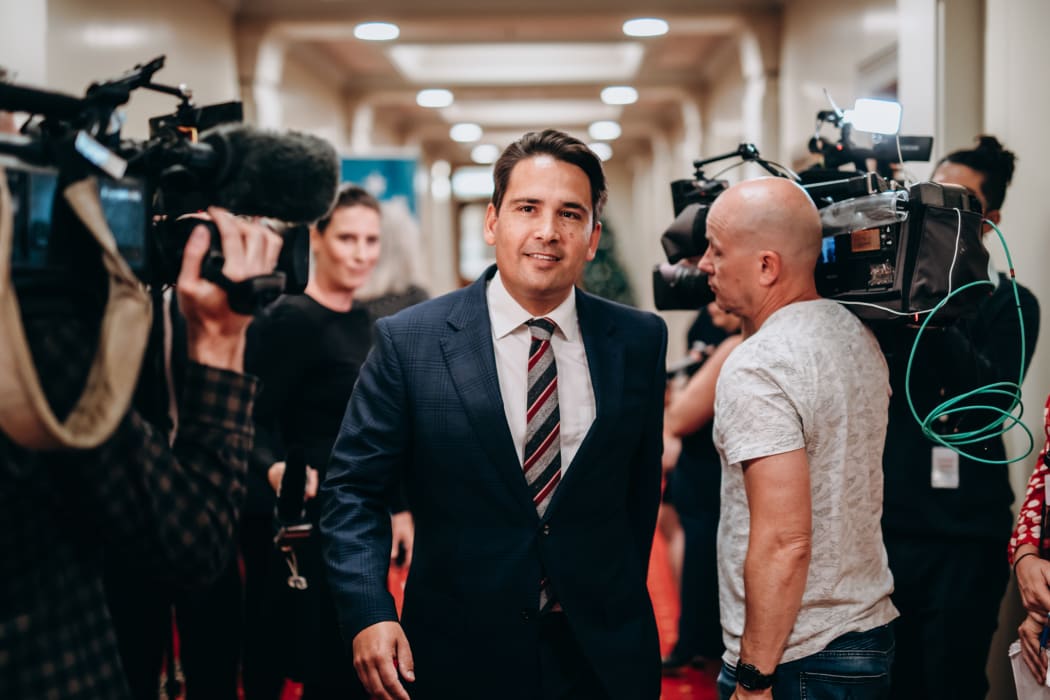
Simon Bridges. Photo: RNZ /Dom Thomas
The big question now is who the party can form a government with if it finds itself in that position and whether ruling out New Zealand First as an option will make or break its chances.
Prime Minister Jacinda Ardern had barely two months to get her head around leading a party before the last election, but she goes into next year's with three years as the leader of the country under her belt.
And whether she wanted it or not, she became the face of some of the country's darkest moments.
A small but significant announcement from her office this year was the hiring of 17 new full-time investigators dedicated to finding and stopping violent extremism online - something this country has never had, nor needed, until March 15.
That announcement didn't require a big legislative change, in the same way the Christchurch Call didn't.
In March, New Zealand responded to a terror attack by wrapping itself around its Muslim community - something no legislative reform could ever achieve.
But tragedies lead to all sorts of outcomes, and while most are not wanted, they're not all bad.

